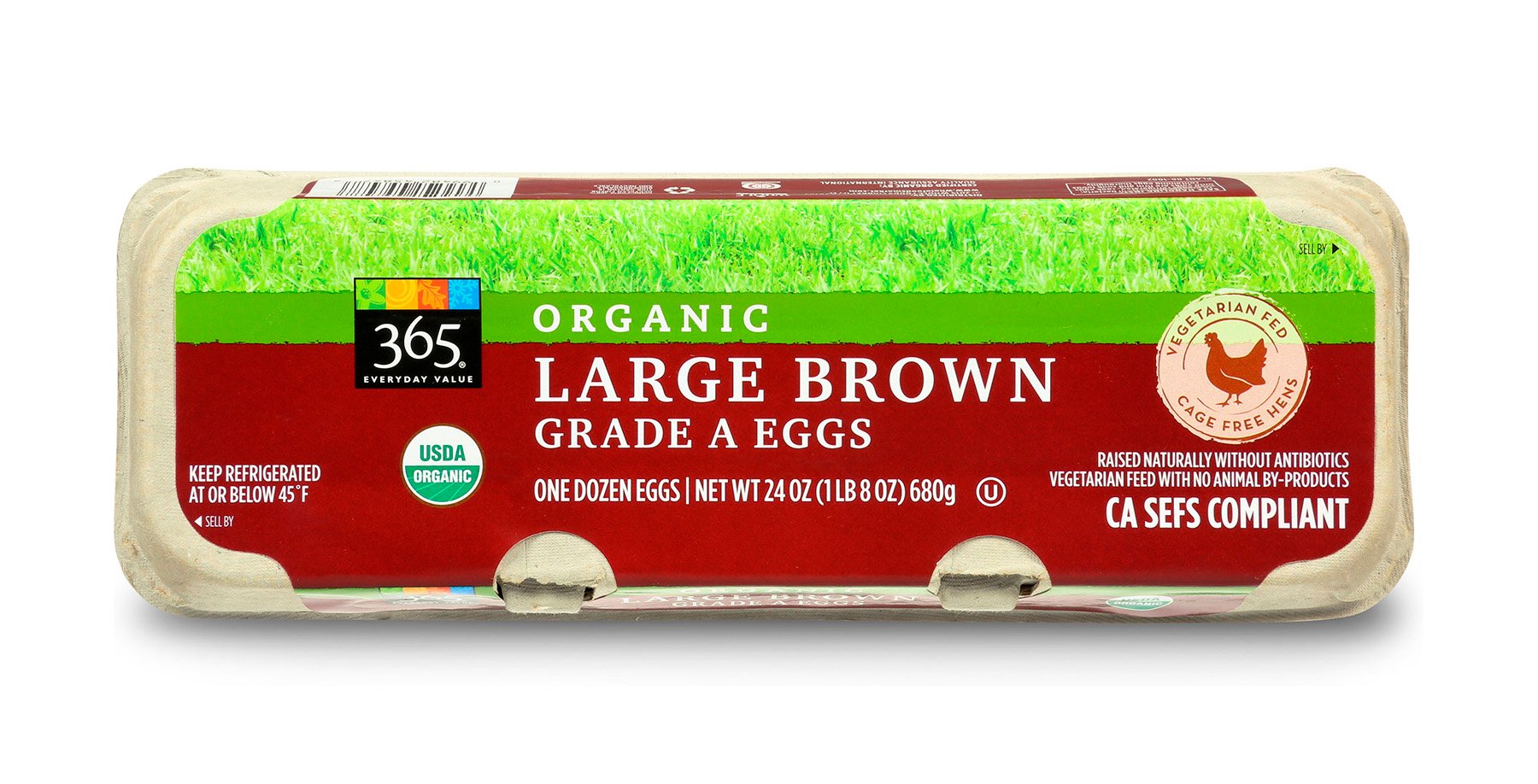Whole Foods Market's (WFM +0.00%) recent first-quarter earnings announcement revealed reduced earnings and sales expectations for the 2014 fiscal year. However, this should not come as a surprise. The organic grocer previously decreased earnings expectations in its fourth-quarter report released last November. In my view, however, Whole Foods remains a good long-term investing opportunity.
Whole Foods' year-end numbers at a glance
The company reported that earnings per share increased by 7.7%, while revenue also rose by 9.9% to $4.2 billion. While these figures were lower than expected, $4.2 billion in revenue is still pretty wholesome. Whole Foods said softer shopping patterns coupled with harsh December weather contributed to the earnings miss.
Whole Foods also lowered its earnings and sales forecast for fiscal-year 2014, and this may have left some investors chilly. The company now expects sales to grow in a range of 11% to 12% for the year -- down from the previous guidance of 11% to 13% stated in its fourth-quarter announcement. Furthermore, the company now says earnings per share will be in the range of $1.58 to $1.65 per share -- down from previous expectations of $1.65 to $1.69 per share.
New store openings are a bright spot
Whole Foods reported 10 new store openings during the first quarter of the 2014 fiscal year. The company also plans to roll out new stores going forward to add to the 370-plus stores now operating in the U.S. Whole Foods contends that demand for new stores remains solid.
In fact, Whole Foods' co-chief executive said, "With a base of 373 stores today, and a record 107 stores in our development pipeline, we expect to cross the 500-store mark in 2017."
The company also believes there is enough demand for 1,200 stores in the U.S. On the other hand, Whole Foods' focus on the U.S. organic market leaves it vulnerable to a persistently weak economy as well as threats from its competitors. However, the grocer has long-term plans to find green grass in the organic markets in Canada and the United Kingdom.
Other sunny spots
Whole Foods is still the leader in the organic market in the U.S. even though its revised guidance may have sent some buyers to the express checkout line. Investors should also remember that Whole Foods continues to pay a dividend. Finally, the company has a $300 million stock-repurchase program in play in the coming year. And this will be followed by an additional $500 million buyback by Dec. 31, 2015.
In short, these repurchase programs will support earnings results over the next two years. The buybacks will also allow Whole Foods to continue paying dividends -- another wholesome sign for long-term investors.
Competition is a challenge
Whole Foods' biggest challenge comes from competitors like The Fresh Market (TFM +0.00%) and, to a lesser extent, Kroger (KR 0.60%).
The Fresh Market's performance suffered in 2013 as consumers grappled with the weak economy. The company reported in the third quarter an "unanticipated sales slowdown across its store base." The Fresh Market blamed this on changing economic conditions and softening consumer confidence.
While the company boasted of new store openings, sales from stores in new markets were mixed. The Fresh Market also announced an increase in expenses as a percentage of sales. This was the result of higher store-level compensation expenses connected to the new store pre-opening costs as well as employee health-care claims costs.
In any event, investors have been punishing the company's shares -- currently trading at about $33 -- well off the 52-week high of $52.17.
Meanwhile, Kroger is a larger operation than both Whole Foods and The Fresh Market. But it caters to different consumers because it offers a more regular supermarket trip with less emphasis on organic groceries. Kroger also intends to open new stores over the next two years, especially in North Texas, which is one of the largest metropolitan regions in the U.S.
Kroger's third-quarter announcement reported net earnings totaling $299 million, or $0.57 per diluted share, compared to $317 million, or $0.60 per diluted share, in the third quarter of the prior year. For the first three quarters of 2013, net earnings were $1.1 billion, or $2.09 per diluted share, compared to $1.0 billion, or $1.89 per diluted share, for the same period of 2012.
These are impressive numbers, but again, Kroger is not focused squarely on the organic market, and the food chain appeals to a different consumer base than Whole Foods and The Fresh Market.
Final wholesome thoughts
Whole Foods Market is still a good buy for investors with a long-term view. The share price currently hovers at about $53, lower than the 52-week high of $65 and change. Whole Foods remains strong in many ways, including a solid history of revenue and earnings-per-share growth.
Finally, the company believes there is continued demand for its stores and plans an aggressive campaign to roll out new locations. In sum, the revised guidance could turn out to be management underpromising followed by its share price outperforming. And this is a good reason for investors to add Whole Foods to their shopping cart.






